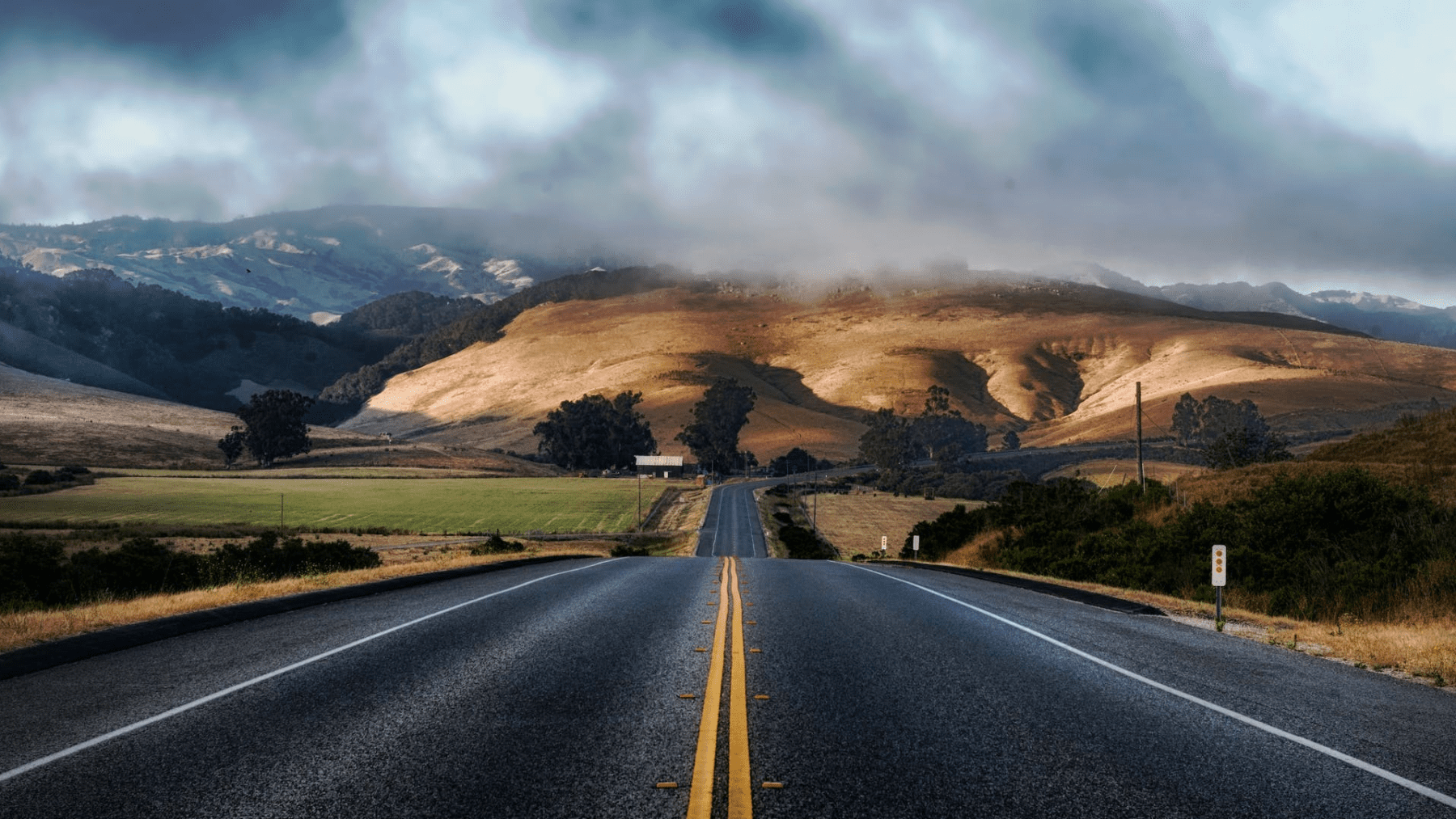Cross-country speed records are unspeakably irresponsible during a global pandemic. Now would seem like a great opportunity to say that this whole cannonball business should never have happened. You saw what those A8-driving, iPad-abusing people did? It’s the Cannonball’s fault! They’ve always been needlessly reckless!
But you know what? I’m a hypocrite for saying that. I’ve driven recklessly when I thought it was safe to do so. Everybody, especially auto journalists, has as well. We may have not averaged 109 MPH cross-country for 26 hours, but it’s tough to ignore all the spirited driving done on public roads. Especially when a lot of it is online for everyone to see.
Auto journalists in the not-so-distant past have been ticketed, arrested, and crashed press cars due to their own negligence. The masthead of this website has a picture of a speeding ticket. You cannot separate driving cars on the limit – on public roads or not – from automotive enthusiasm or auto journalism.
The people who got the Cannonball rolling in the first place were, after all, auto journalists. The legendary editor of Car and Driver Brock Yates dreamt it up in the early seventies. Since then, the automotive press has had no problem covering, and participating in, the NYC-LA excursion. Alex Roy’s famous cross-country trip – which has recently been recorded in a documentary – highlights the balance between the carefully planned safety and willing recklessness inherent to the Cannonball.
This new record is not an opportunity
The people most qualified to condemn this run is law enforcement. We shouldn’t need to ask former cannonballers or the automotive press if what these drivers did was appropriate. Clearly it wasn’t. That’s also not the whole picture, though. These new record-holders didn’t get the inspiration to do this sort of thing by reading Better Homes and Gardens. The idea of running a Cannonball during this time had been floating around the automotive world for a while before it actually happened.
The Cannonball is never going to go away. Cars are safer, faster, more efficient, and more capable than ever. A part of car culture won’t disappear because of one incident. Car culture is bigger than any one person, magazine, or organization. We can agree that a coast-to-coast drive during a pandemic (or not during a pandemic) is at the very least an irresponsible thing to do, but saying reckless Cannonball runs must go away – from anyone who often takes cars to their limits – is insincere.


Leave a Reply